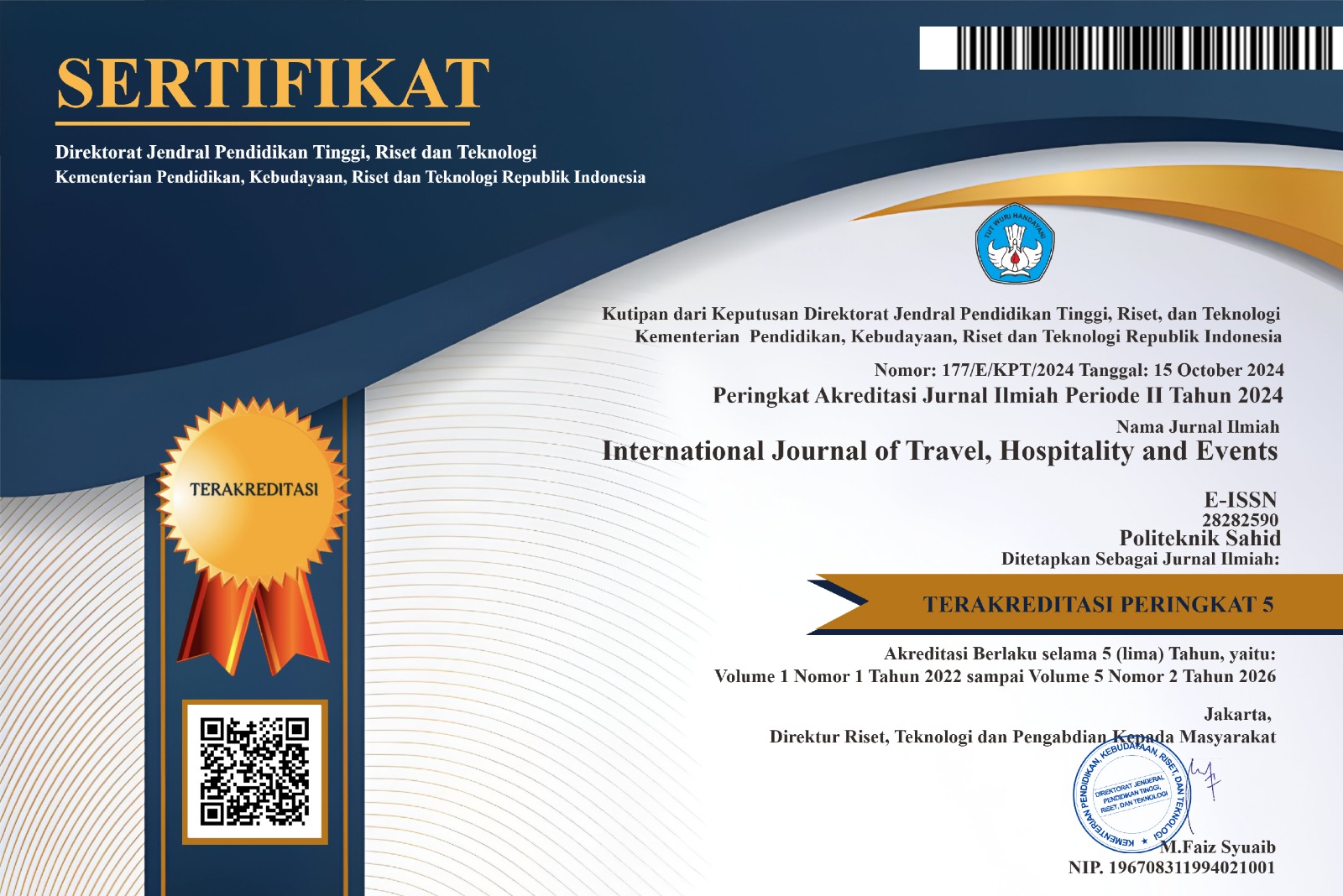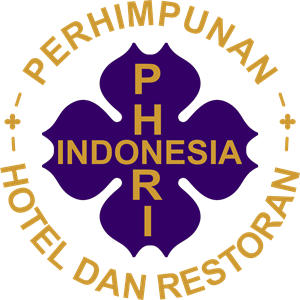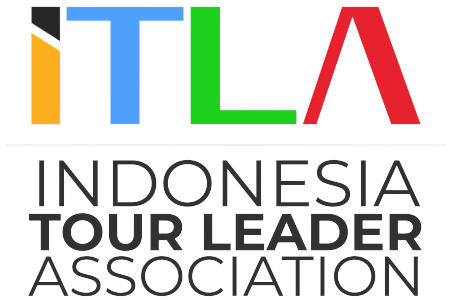Business Development Strategy Towards “Natural Concept” Restaurant (Study of Botanica Dining Restaurant, Jakarta)
DOI:
https://doi.org/10.56743/ijothe.v3i1.359Keywords:
business development, restaurant, nature concept, workersAbstract
Purpose: The population density in Jakarta has resulted in a reduction of the green open environment in the capital city of Indonesia. In addition, the capital is the center of government and state business, making this city occupied by the majority of workers. The availability of entertainment and tourist spots in the capital city of Jakarta is quite diverse, especially restaurants. Relaxing to unwind from work activities is a moment that workers always await. The demand for unique elements in restaurants is very challenging for business owners. There are many elements that a restaurant can highlight to make its business more attractive.
Based on these problems, this study aims to determine the strategy for developing a restaurant business with a natural concept (the study of Botanica Dining Jakarta).
Research method: This research is a qualitative approach involving the phenomenon of the surrounding environment for a sample and the interview method with business owners.
Results and discussion: The research shows that several strategies are needed in this business to develop the Botanica Dining Jakarta restaurant business.
Implication: It was found that the strategy that the management of the Botanica Dining Jakarta Restaurant can carry out is to expand market penetration followed by developing product attractiveness to expand market targets and maintain consumer loyalty. The benefits of the results of this study are expected so that the selection of market penetration strategies can be implemented to the fullest extent possible to benefit the company.
Keywords: Business development, restaurant, nature concept, workers.
Downloads
Published
How to Cite
Issue
Section
Categories
License
Copyright (c) 2024 Lusia Vreyda Adveni, Muhammad Fani Burhanudin

This work is licensed under a Creative Commons Attribution 4.0 International License.


























